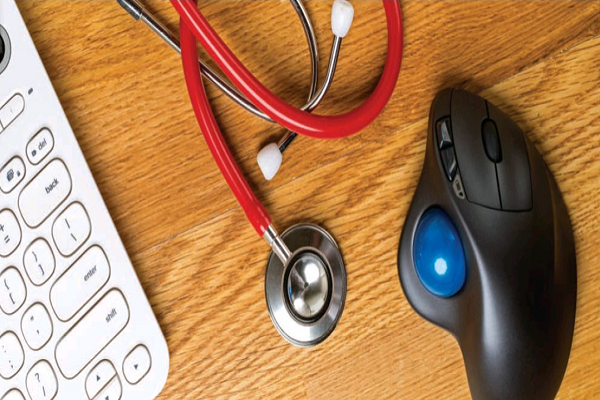Toronto, June 28, 2016 (GSN) - Have you ever searched the web for a term like “eye pain” and come away concluding you’re about to have a stroke, or you have a brain tumour, or maybe both? New feature in U.S. helps people search symptoms.
You’re not alone. Google says one per cent of its total searches are about symptoms. Medical misinformation can spread faster than a nasty virus online, and Google is acknowledging its part in that. “Health content on the web … tends to lead people from mild symptoms to scary and unlikely conditions,” a company blog post from last week says.
In the U.S., in English only, the search giant is unveiling a new feature called symptom search. Now, when Americans type a complaint, like “eye pain,” into the Google app, it will display a short overview of the symptom, information on how treat it at home, and the signs that indicate you should head to the doctor.
It also shows a list of related conditions compiled with help from human experts at Harvard Medical School and the Mayo Clinic. Google communications manager Susan Cadrecha said there’s no date set to roll out symptom search in Canada, but an expansion is planned to more regions soon.
When it arrives it may be met with cheers from Canadian doctors: A 2015 survey of 1,000 Canadian MDs by the Medical Post found 41 per cent were “extremely” or “very” suspicious of health information their patients dug up online, and 45 per cent believe Dr. Google does more harm than good.
Toronto pediatrician Dr. Daniel Flanders isn’t one of them. He thinks a care provider made of bits and bytes has a role to play, as long as people have a family doctor they trust to help them separate “dubious information and misinformation” from genuine advice.
“Anyone who is 100 per cent managing their medical problems with Internet searching — that’s problematic,” Flanders said. “But I feel patients taking health into their own hands and proactively seeking information is fundamentally a good thing.
"If Google can facilitate the process so high-quality information comes first, that’s fabulous. Whether they’re able to do that remains to be seen.”
Patients with rare diseases who’ve researched their conditions in-depth can even teach doctors a thing or two, Flanders added: “There’s a huge potential for physicians to become better experts, via the education they get from their patients. And the patients get the information from Google.” (Metro Canada)







